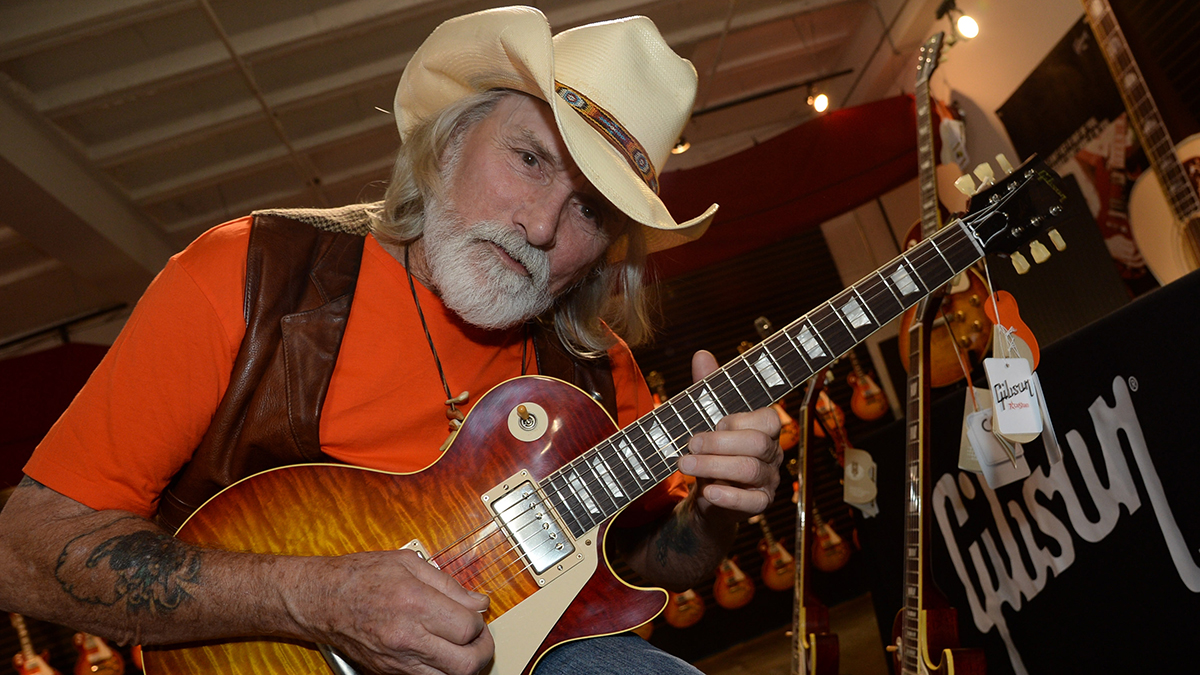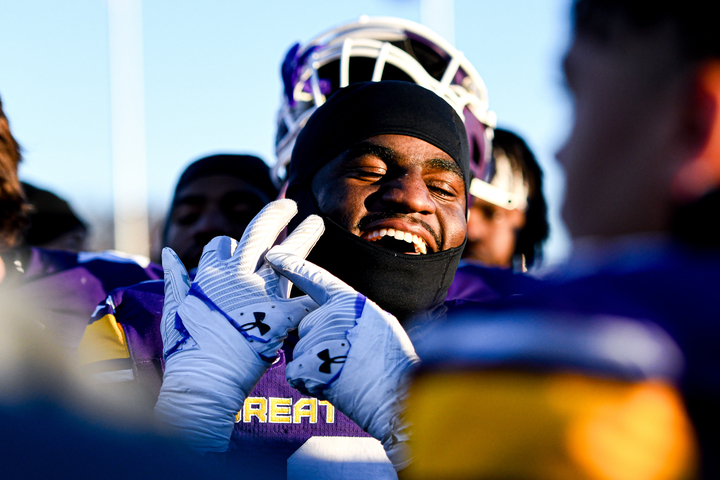It's getting increasingly difficult to find any GOP elder statesmen to utter much positive about the party of late. This weekend, former vice president Dick Cheney co-signed on Rush Limbaugh's statement that Colin Powell should leave the party:
Asked about recent verbal broadsides between Limbaugh and Powell, Cheney said, "If I had to choose in terms of being a Republican, I'd go with Rush Limbaugh. My take on it was Colin had already left the party. I didn't know he was still a Republican."
How ironic: Dick Cheney -- a former defense secretary who never served in the military himself -- is happy to give his party adios to Powell, a former chairman of the Joint Chiefs of Staff. And, of course, they would fall out over Iraq war communications and strategy -- the very thing that first brought them to the public consciousness together during the first Gulf War in 1990.
Then, on a another Sunday talk show, William Bennett -- ex-education secretary, conservative values czar and chairman of the Republican National Committee for all of 15 minutes in 1990 -- opined that Sarah Palin wasn't the future of the party:
“One of the things the media could do – some of the media – is to move the debate off Sarah Palin and Rush Limbaugh,” Bennett, a CNN Contributor, said on State of the Union. “This is probably not the future of the Republican Party,” added Bennett.
“You don’t think Gov. Palin’s the future of the Republican Party?” queried CNN Chief National Correspondent, John King.
“I do not,” said Bennett. “It could talk about a Paul Ryan or a Mike Pence. It could talk about a Bobby Jindal. It could talk even about a Jon Kyl or a David Petraeus. You know, there’s a lot of talent in this party.”
U.S. & World
It's fine to say that the media isn't being broad enough in identifying possible leaders -- Ryan and Pence are certainly in the mix -- but why would Bennett say David Petraeus should be talked about more than Palin. Sure there's a lot problematic about the Alaska governor, but she is a sitting governor (a position which, historically, has produced more presidents than House or Senate seats have) and she was the vice-presidential nominee in the last race -- and charged up a fair bit of the Republican base in the process.
But, according to Bennett, the media should be talking less about Palin and more about David Petraeus -- who's said hardly "boo" about politics? In fact, as an active-duty member of the military, Petraeus can't talk about politics. He's hardly going to be giving the media some exclusive interview about the administration's Afghan-Iraq plans -- or its domestic agenda, for that matter. Well, not unless Petraeus wanted to resign his commission at the same time.
Now, Bennett's not the first person to float the idea of Petraeus being a good GOP candidate for 2012. Smart analysts on the right and the left have raised the idea. For all we know, Petraeus may indeed be a Republican. But all these scenarios depend on two major assumptions: 1) Foreign policy will be a more significant issue than the economy currently is; 2) Petraeus would have to retire in some brief "quiet" period when both Iraq and Afghanistan are stable (for which he can take credit). That both 1 & 2 could occur within such a short time of one another, seems like a bit of a stretch.
Either way, it would be the height of all speculation for the broader media to be giving more ink to a potential Petraeus run rather than the fact that Palin is a significant figure within the Republican Party. Whether she still has a significant role to play is something that needs to play out.
And as a member of the media himself, Bennett should let it do so. With Cheney and Limbaugh happily kicking out figures of the recent Republican party, the last thing the it needs is for others to decide -- prematurely -- who should be precluded from being part of the GOP future.
Robert A. George is a New York writer. He blogs at Ragged Thots.



